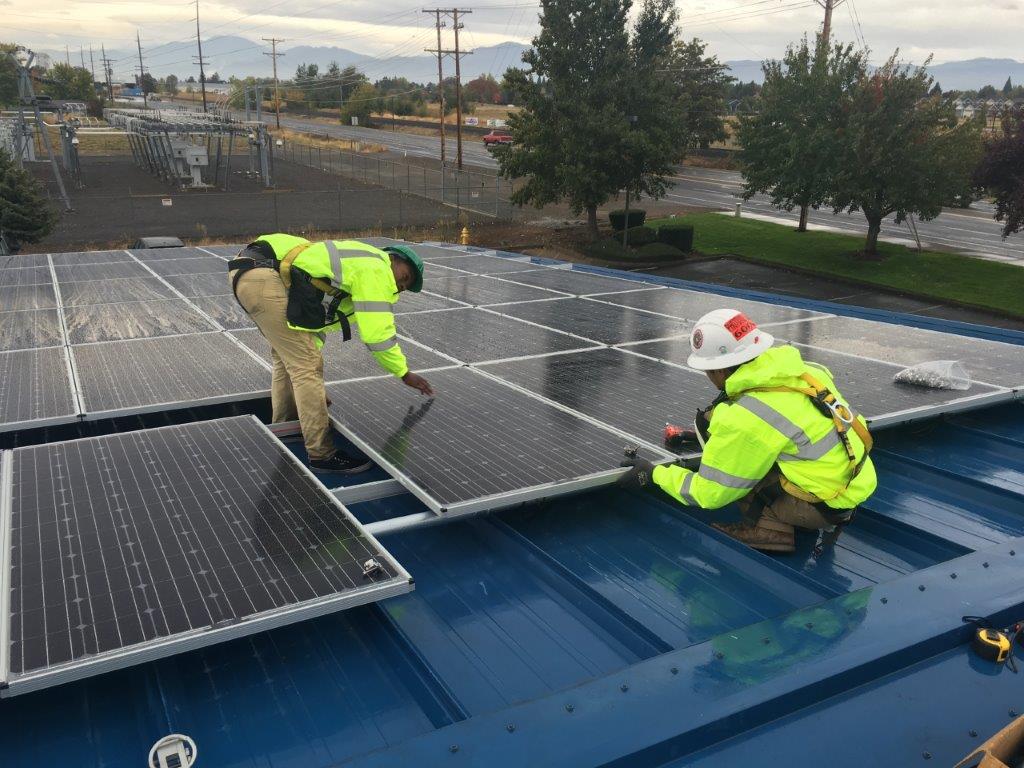
The killing of George Floyd and ensuing protests have brought America’s history of systemic racism to the forefront of our national dialogue. As a public service institution, we at Energy Trust recognize our role in perpetuating systems of inequity.
This is the third in a series of blog posts looking at racial disparities in the energy industry. For previous posts, click here and here.
Among the causes of enduring racial inequity in the energy industry is the lack of representation for people of color, who have long faced barriers to entry into the energy efficiency and renewable energy fields.
“Communities of color have a huge stake in energy and in society’s collective enjoyment of life, but their voices are underrepresented and not frequently heard,” Fisayo Fadelu of Pecan Street Inc., a clean energy and water research and development firm, told Energy News Network.
Consider that many clean energy programs have historically targeted homeowners, with offers ranging from cash incentives and tax credits to financing options for upgrades. These programs can help customers save money on their energy bills and create healthier, more comfortable homes. But targeting homeowners perpetuates racial inequity given lower rates of homeownership among people of color following decades of racist housing policies.
As Inside Climate News recently reported, Black and Latino people are less likely to have rooftop solar, electric vehicles and energy-efficient homes than white people. Access is partly a product of the workforce—that is, who sells you the solar panels or comes to your house to install them.
The industry must promote diversity in order to reach these customers.
“Addressing diversity and inclusion is vital as companies, policymakers, and communities take steps to meet the challenge of climate change, which has been shown to impact marginalized populations disproportionately,” according to a 2019 report on diversity in Oregon and Washington’s solar workforce.
That report, which was sponsored by Energy Trust, looked at practices surrounding diversity and inclusion, hiring and training in the solar industry. The two states have about 7,500 solar workers but people of color make up just 19% of them. (For comparison, people of color make up 31% of Washington’s population and 24% of Oregon’s population.)
Inclusive workforce development initiatives can help, according to American Council for an Energy-Efficient Economy. These range from specialized outreach and training to contracting requirements that prioritize minority-, women- and veteran-owned businesses.
Energy Trust is trying to do just that, reaching out to minority- and women-owned contractors to join our Trade Ally Network and partnering with trade groups like LatinoBuilt to promote opportunities in the industry. We’ve also set goals for contracting and projects completed by minority- and women-owned businesses.
Find out more about this work, including our goals and progress so far.
